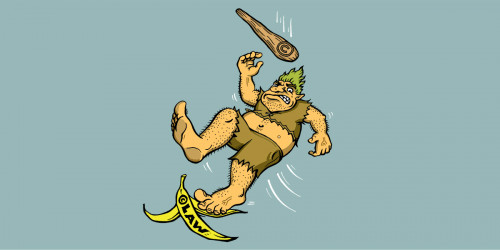As some have noted, the Ninth Circuit ruled yesterday in Bosley Medical Institute v. Kremer that there is no federal trademark infringement liability for the use of a trademark in a domain name for a noncommercial website critical of the trademark holder. The key to the court's ruling was the fact that the trademark was not being used "in connection with the sale of goods or services."
This is a very big deal (props to Public Citizen, which defended the case), as I'd say the opinion's rationale applies with equal force to the content, as well as the domain name, of a website. If that's right, then noncommercial critics are completely off the hook with respect to federal trademark and dilution claims. Free pass. Scott free.
Before you all rush off to start your own "sucks" site, here are some important caveats:
- This ruling only applies to noncommercial sites. The court specifically noted that nothing was for sale on the website in question, that there were no commercial advertisements, and that the site did not link to any commercial sites.
- You could still be in trouble for copyright infringement for copying graphics or logos owned by the trademark holder. That might be a fair use, but your noncommercial purpose is only one factor in that analysis.
- The Anticybersquatting Consumer Protection Act (ACPA) might nab you if you try to use a domain name in "bad faith" to squeeze money out of a TM holder. Once again, your noncommercial purpose is only one factor the court will consider.
- Watch out for state law trademark and related claims, which may not include similar commercial use thresholds.
- And here's the big one: This ruling is only binding in the Ninth Circuit. There is another ruling from the Fourth Circuit, PETA v. Doughney, that says that anything that "prevented users from obtaining or using [the trademark owner's] goods or services" could satisfy the "in connection with the sale of goods or services" and potentially give rise to federal trademark liability. In PETA, the website in question also had lots of links to commercial websites, so maybe that's the distinguishing feature. But stay tuned, because this issue could well be on its way to the Supreme Court for resolution.








